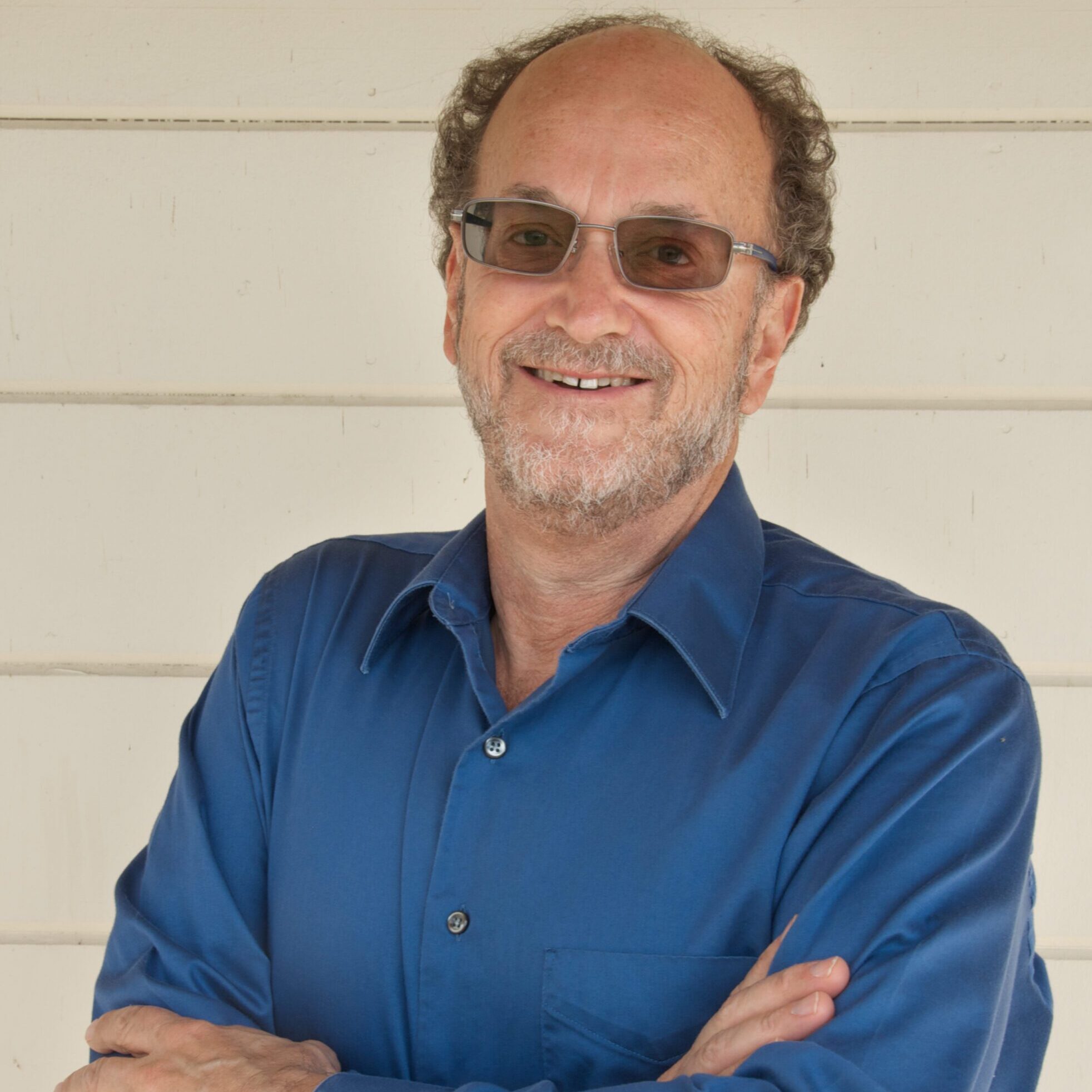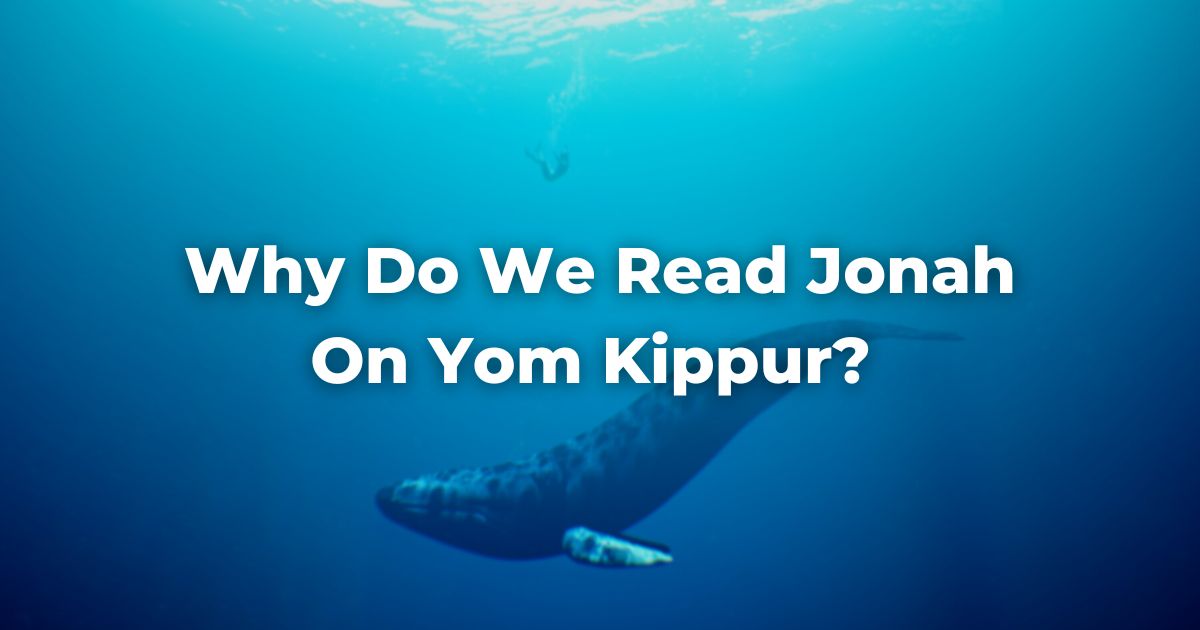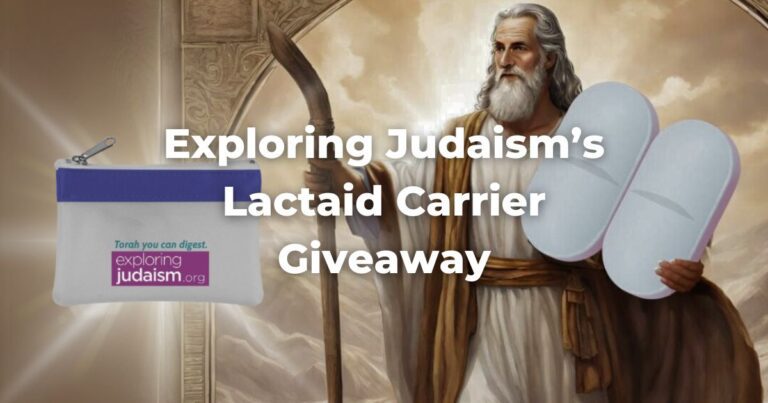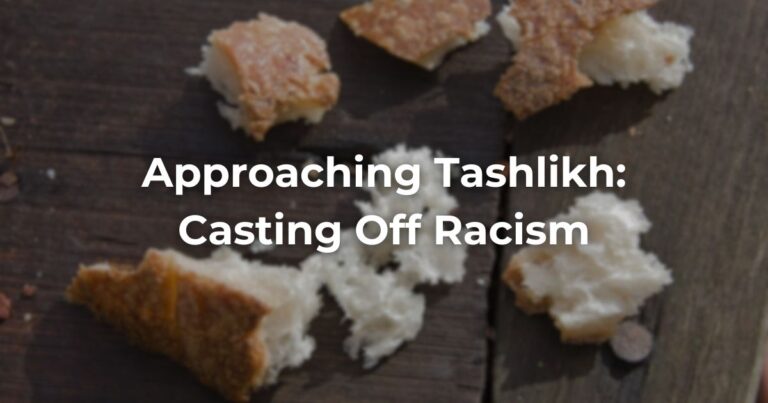Have you ever worked hard to succeed at something but failed? Have you ever worked hard TO fail?
Jonah is a fascinating character because he tried very hard to fail at his job, and yet, he was the most successful prophet ever. The Book of Jonah is short and to the point, while offering us imperfect human beings important and relatable lessons.
A Quick Summary of the Jonah Story
God tells Jonah to go to Ninevah, a metropolis in the ancient world that was filled with sinners. He is to tell them to embrace teshuvah/repentance or face Divine punishment.
Jonah is unsettled by this – who wouldn’t be?
He received direct communication from God and is tasked with ‘throwing shade’ on an entire city. A very rattled Jonah runs away and boards a ship heading in the opposite direction. God rocks the boat with a severe storm to get Jonah’s attention.
Because Jonah doesn’t want the sailors to suffer on his account, he has them toss him overboard. This is where the big fish– some say a whale – swallows him and eventually deposits him back on shore. God calls to Jonah a second time and he now heads to Ninevah to proclaim his message of repentance.
And in a twist that no one sees coming, it works! 120,000 Ninevahites embrace teshuvah. They repent.
Jonah is the most successful prophet ever, having succeeded to a degree far greater than any other Biblical Prophet. Surely Jonah must be ecstatic. He is not.
In fact, he is despondent as he sits in the hot desert bemoaning that no punishment was rained down upon Ninevah. God, ever the Teacher, causes a gourd plant to grow tall and provide shade to Jonah in the desert.
And when God causes the plant to die off, Jonah is doubly upset and mourns the loss of the plant. Here is where God delivers the great lesson to Jonah. “You didn’t do anything to create this plant, and still you are upset at its loss.
Shouldn’t I who created 120,000 Ninevahites care as much or more about their salvation?”
Three Take-Aways From the Book of Jonah
The lessons we learn from Jonah also explain why we read this story on Yom Kippur.
1. Teshuvah Matters.
Being able to admit to ourselves (and to those we wronged) that we missed the mark is important. It shows character and integrity. It makes us and our world better.
Jonah avoided a difficult and uncomfortable task; and sometimes, we do too. He grew into his responsibility and did the right thing. We, too, struggle and hopefully grow.
Seeing Jonah’s growth – his inner struggles and his successes – can inspire us to take responsibility in big and little ways. Yom Kippur is a day to reflect, rebalance, and recommit to changed behaviors.
2. It’s Never Too Late to Do The Right Thing.
God gave Jonah many chances. God and life give us many chances and we should give ourselves the same. No matter how long it takes to accept our failings, there is always another chance to do so.
On Yom Kippur, when we reflect on our character and behavior, the Book of Jonah reminds us there is always the opportunity to change course.
3. Keep Your Priorities Straight.
Jonah cared deeply, selfishly about the gourd plant. The book’s brilliant ending teaches us that people matter. First, last, always. Jonah would rather die than allow for Ninevah’s teshuvah. They sinned and he wants them punished.
That is very human. How often are we unmoved when someone expresses regret and apologizes?
Sometimes we also insist on punishment rather than apology, punitive measures instead of forgiveness. Yom Kippur reminds us that humanity is made better when we allow for teshuvah in others and ourselves; when we allow others to apologize and when we ourselves are willing to apologize to others.
Yom Kippur is a day to reflect on the impermanence of life and the great preciousness of life. People matter. First, last, always.
So Why Do We Read the Book of Jonah?
Jonah and the Ninevahites took teshuvah seriously, while God gave them the space to do so. Yom Kippur gives us the space and time to take our own teshuvah seriously, to consider the ways in which we can grow, and how that growth can help us to act in ways that support others and support ourselves.
May each of us be successful in achieving meaningful and productive teshuvah.
Author
-

Rabbi Allan is the chief operating officer at Faith In Action East Bay, a community organizing social justice nonprofit that facilitates faith communities working together to address a variety of social justice issues (affordable housing; access to good employment opportunities; quality health care; and safe, clean streets).
Allan received his BA from Hebrew University of Jerusalem; his MA in Education from Columbia University Teachers College; and rabbinic ordination from the Jewish Theological Seminary in New York.
After serving in the pulpit for a number of years, Allan decided to pursue executive management in the nonprofit sector. For 17 years he was the Executive Director of the Environmental Volunteers, an environmental education organization that teaches school children to love and respect nature.
Allan is married to Mindy, the executive director of Jewish Family Services of Silicon Valley. They have four adult children and an adorable 5-year old grandson.
View all posts
He is an avid bike rider who three times has completed the Tour de Tahoe, an annual ride around Lake Tahoe.




